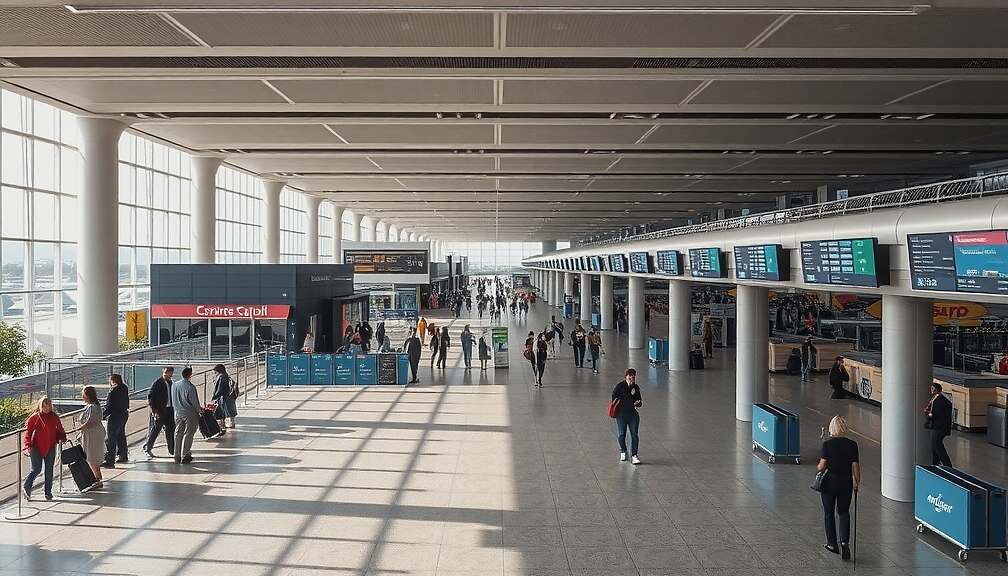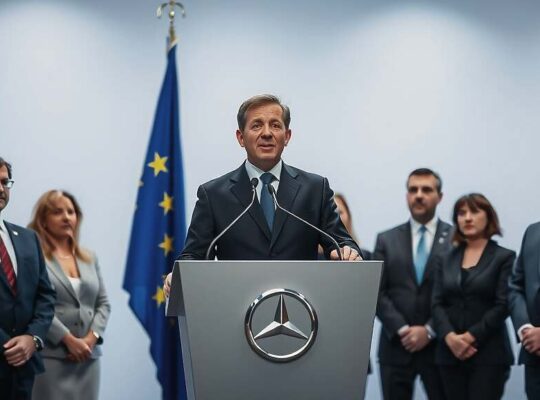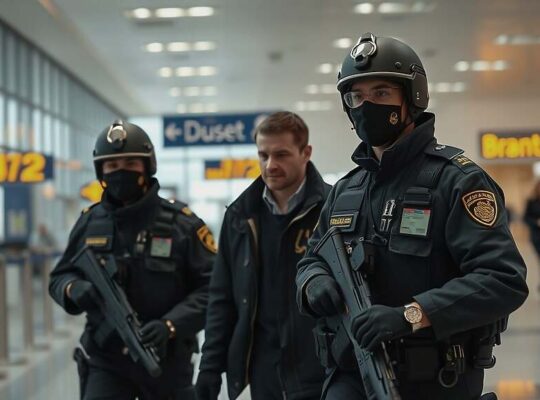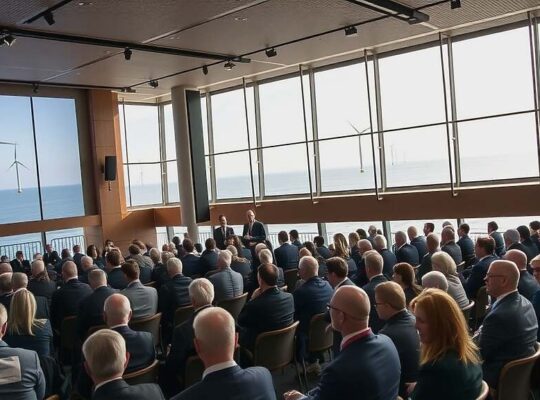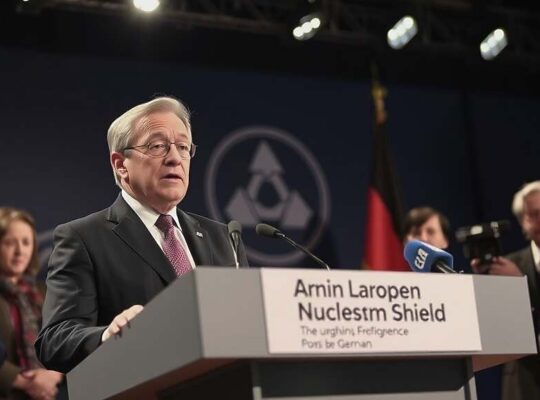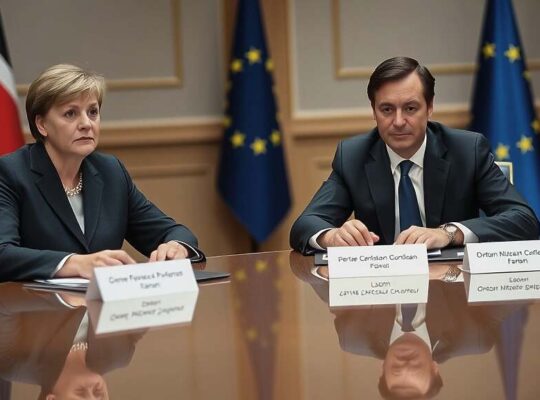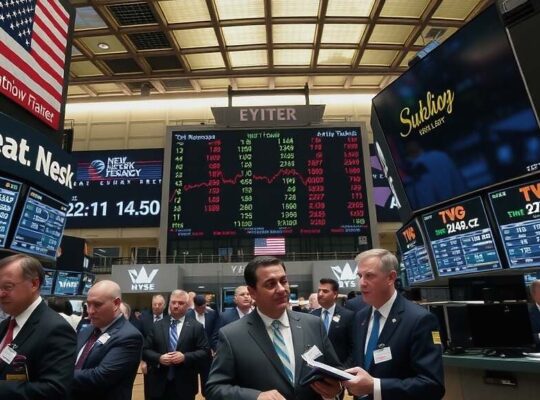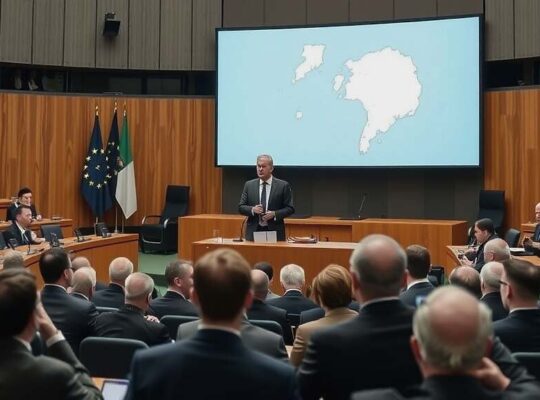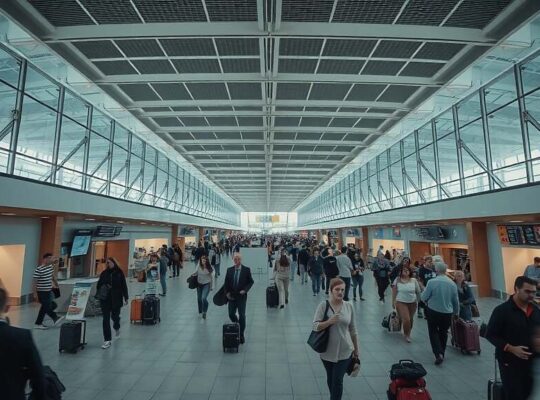European airline giants Lufthansa and Air France-KLM are publicly voicing deep concerns over what they describe as profoundly unequal competition within the European aviation market. The CEOs, Carsten Spohr and Benjamin Smith respectively, contend that the current landscape presents a significant risk to the viability of European carriers, particularly on long-haul routes.
The crux of their argument centers on the perceived unfair advantage enjoyed by non-European airlines, specifically Qatar Airways. Smith highlighted that these competitors often operate without the same regulatory burdens or levies imposed on EU-based airlines, enabling them to expand their market share largely unimpeded. He further criticized the unrestricted access granted to Qatar Airways, an airline lacking a substantial domestic market, as “unprecedented” within global aviation. Spohr echoed this sentiment, noting a decline in direct European flights to Southeast Asia, replaced by routes funneled through strategically positioned hubs in Qatar, Turkey and the United Arab Emirates.
The CEOs are particularly scathing about the “Open-Sky” agreement with Qatar, labelling its negotiation as “highly questionable”. Smith strongly implied an element of corruption, referencing ongoing investigations into the circumstances surrounding the agreement’s ratification and expressing what he termed a “scandal” that it remains in place. Beyond Qatar Airways, the impact of airlines such as Turkish Airlines is also cited as diverting passenger traffic and undermining the ability of European airlines to offer non-stop services.
The disparity extends to operational costs. While Chinese airlines are able to maintain routes, European carriers are forced to navigate significant detours due to the airspace closure over Russia, adding considerable expense and lengthening journey times. Spohr suggested that the EU should emulate a recent proposal by the U.S. government, which contemplates barring airlines that utilize Russian airspace from accessing American airspace.
Both CEOs are now urgently calling on the European Union to implement measures to safeguard European airlines. Smith proposed the introduction of an anti-dumping mechanism at Europe’s borders to enhance competitiveness, while Spohr suggested a shift from SAF (Sustainable Aviation Fuel) mandates to a passenger levy, differentiated based on destination, to generate revenue for the sector.
The criticisms represent a stark political statement from the leaders of two of Europe’s largest aviation groups, escalating a long-simmering debate about the fairness of the European aviation market and raising crucial questions about the EU’s trade policy and its support for domestic industries. The demands for protectionist measures risk triggering a trade war, yet underscore the increasingly precarious position of European carriers facing relentless competition from state-supported rivals.


